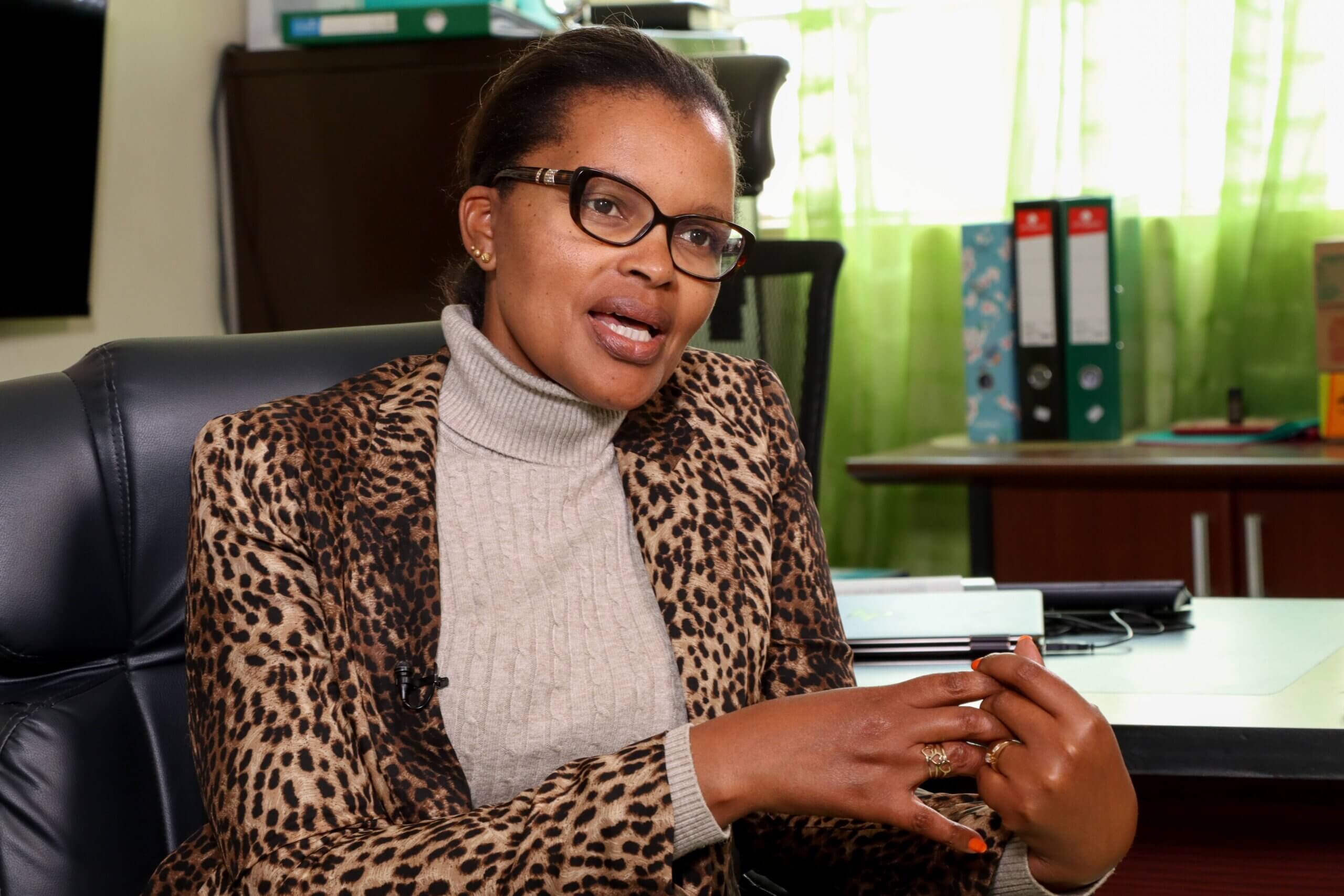Evelyne Munyeti, Jade Fresh MD, shares the journey of navigating the world of horticultural exports. Exporting food from East Africa is not for the faint-hearted. Strict international standards, limited access to capital, and inconsistent production quality make it nearly impossible for most small businesses to break into international markets. Rejection rates are usually high, and financing is scarce, making the cost of failure punitive. To put this into perspective, Kenya’s Economic Survey 2025 reports that EU pesticide regulation halved the value of Kenya's fresh vegetable exports in 2024 to KSh23.4 billion ($180.7 million) from KSh50.9 billion ($393 million) in 2023, while volumes dropped by almost 55%. A separate 2024 report by Genesis Analytics confirmed what exporters already know: that market requirements are both technical and commercially fatal for undercapitalised micro and small enterprises, particularly those led by women. Certification costs and compliance failures mean that a single mistake can wipe out months of earnings. Between 2017 and 2023, TradeMark Africa’s (TMA) Export Capability Programme supported businesses to navigate these challenges. For instance, the Horticulture Market Access Programme (HMAP) linked 1,198 farmers in Tanzania and 7,854 small and medium-scale farmers in Kenya to markets and assisted farmers with selling around 50,000 tons of produce (Genesis Analytics, 2024). The Rwanda Export Development Programme was successful in increasing the export readiness of supported businesses and significantly increased new export transactions from $1 million in 2018 to $2 million in 2023. “The goal was to build export capacity and help businesses identify viable markets...
Agripreneurs plant the seeds of success by expanding East Africa’s global trade footprint with horticultural exports
Posted on: June 16, 2025
Posted on: June 16, 2025

















